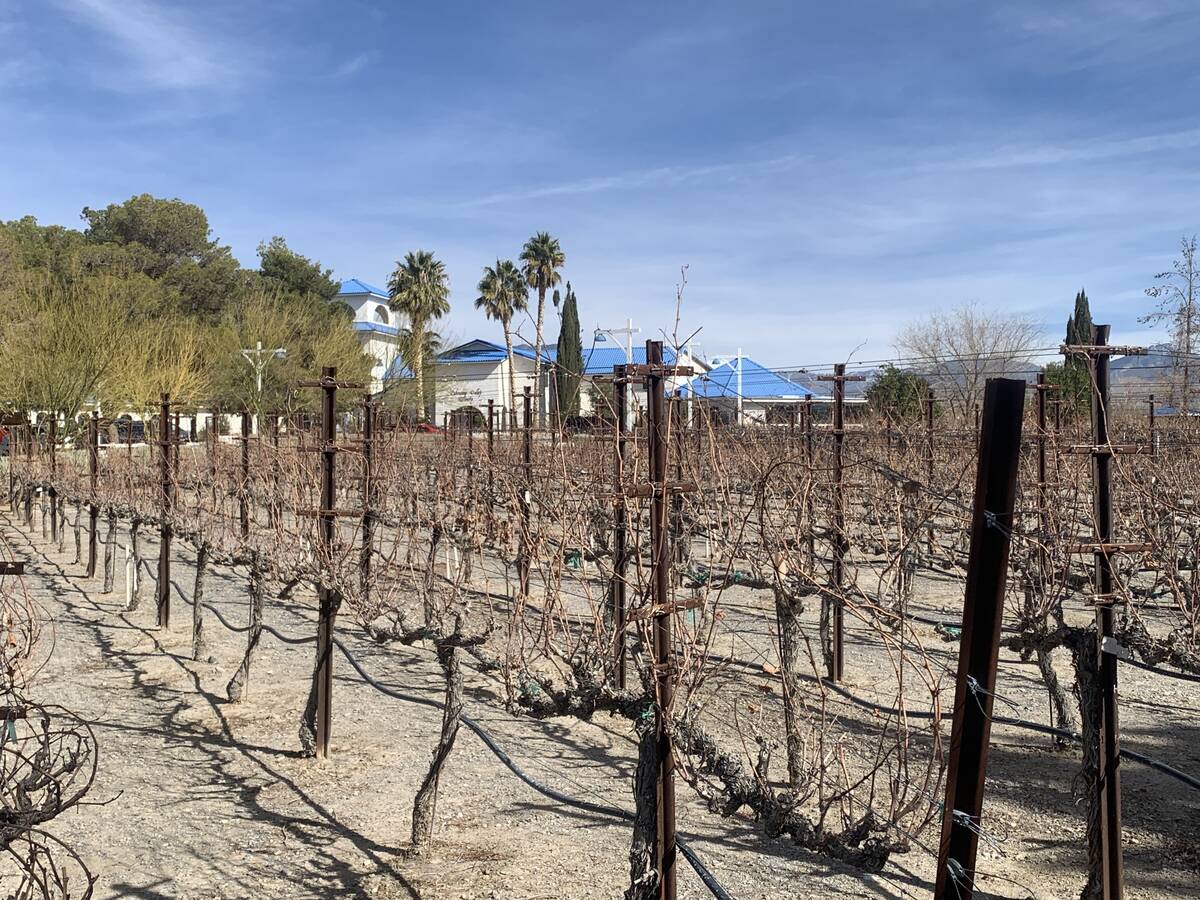Pahrump Valley Winery owners file for bankruptcy
The parent company for Pahrump Valley Winery has filed for bankruptcy.
Nevada Wine Cellars Inc., which operates the local winery at 3810 Winery Road in Pahrump, reported that it owes more than $1 million to its creditors, including $9,153 to the Nye County Treasurer’s Office, according to a document filed on Jan. 31 in a Las Vegas court.
Under Chapter 11 bankruptcy protections, the company will be permitted to reorganize the debt it owes and restructure under new operating plans. The company did not indicate in its filing, however, if it would submit a plan to continue to operate, or pursue a possible sale or closure of the winery and its facilities in Pahrump.
In addition to its wine production and retail operations, Pahrump Valley Winery maintains an onsite restaurant and leases its facilities for weddings and other events.
The winery opened in 1990 and has won nearly 400 national wine medals since its founding.
In August 2020, the liquor license at Pahrump Valley Winery was briefly revoked after county officials ruled it had been operating without one following its sale to new owners in 2019.
John Hobbs is currently listed as president of Nevada Wine Cellars Inc. Kathy Trout is listed as the company’s treasurer.
Calls to them on Monday were not immediately returned.
In fall 2018, Pahrump Valley Winery completed a $1.7 million expansion that added more than 7,000 square feet to its facilities.
The expansion also ushered in fully automated production and bottling, which increased production capacity of its local wines from 9,500 cases annually to a potential 40,000 cases.
Nevada Wine Cellars Inc. employs 30 and generates $4.33 million in annual sales, according to a state business filing.














